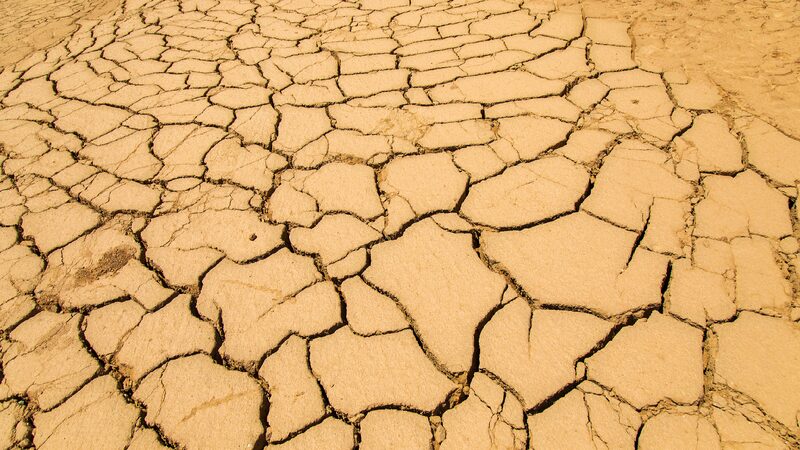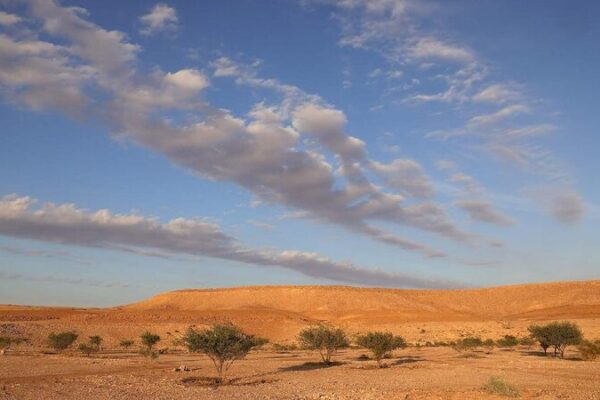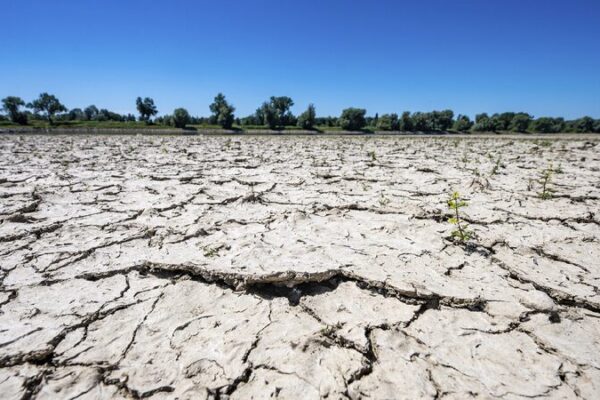A critical United Nations summit focusing on land restoration and drought resilience is set to take place in Riyadh, Saudi Arabia, from December 2 to 13. The event, known as the 16th Session of the Conference of the Parties (COP16) to the United Nations Convention to Combat Desertification (UNCCD), will bring together leaders from nearly 200 countries under the theme “Our Land, Our Future.”
Desertification is more than just the spread of deserts; it’s the degradation of fertile land into barren wastelands due to factors like climate change and human activities such as unsustainable farming, deforestation, and overgrazing. This process reduces the land’s ability to produce food, threatening global food security and affecting the livelihoods of billions of people.
According to the UNCCD, up to 40% of the world’s land is now degraded, directly impacting 3.2 billion people. Every year, an area of fertile land the size of 100 million hectares—equivalent to the size of Egypt—is lost. Droughts are becoming more frequent and severe, with their occurrence increasing by 29% since 2000. By 2050, it’s estimated that three-quarters of the world’s population could be affected by drought.
“We depend on land for our survival. Yet, we treat it like dirt,” said UN Secretary-General António Guterres, emphasizing the urgent need for action.
Desertification leads to more than just dust and sandstorms. It causes biodiversity loss, increases unemployment, forces people to migrate, and can even contribute to conflicts over dwindling resources.
Combating desertification doesn’t mean eliminating natural deserts, which are vital ecosystems. Instead, it’s about restoring degraded lands that should be fertile and productive. Efforts focus on avoiding, reducing, and reversing land degradation through sustainable practices.
COP16 aims to accelerate these efforts. Delegates will discuss ways to enhance resilience to droughts, improve soil health, and promote nature-positive food production by 2030 and beyond. This summit marks the 30th anniversary of the UNCCD and is the first to be held in the Middle East and North Africa region.
Countries like China, which has made significant strides in combating desertification since signing the UNCCD in 1994, will share their experiences and technologies. These collaborations are essential in developing international policies and strategies to restore land resilience globally.
As desertification poses a growing threat to our future, global cooperation and swift action are more critical than ever. The outcomes of COP16 could shape the sustainability of our planet for generations to come.
Reference(s):
cgtn.com








